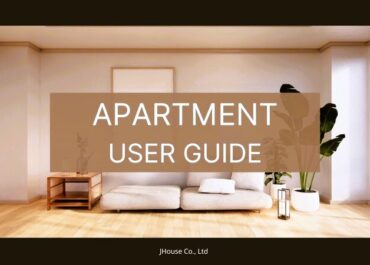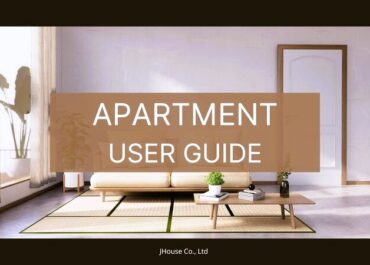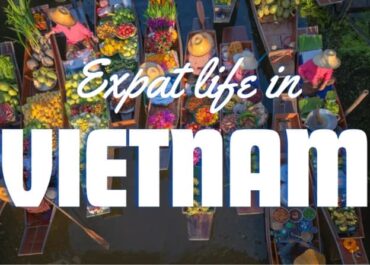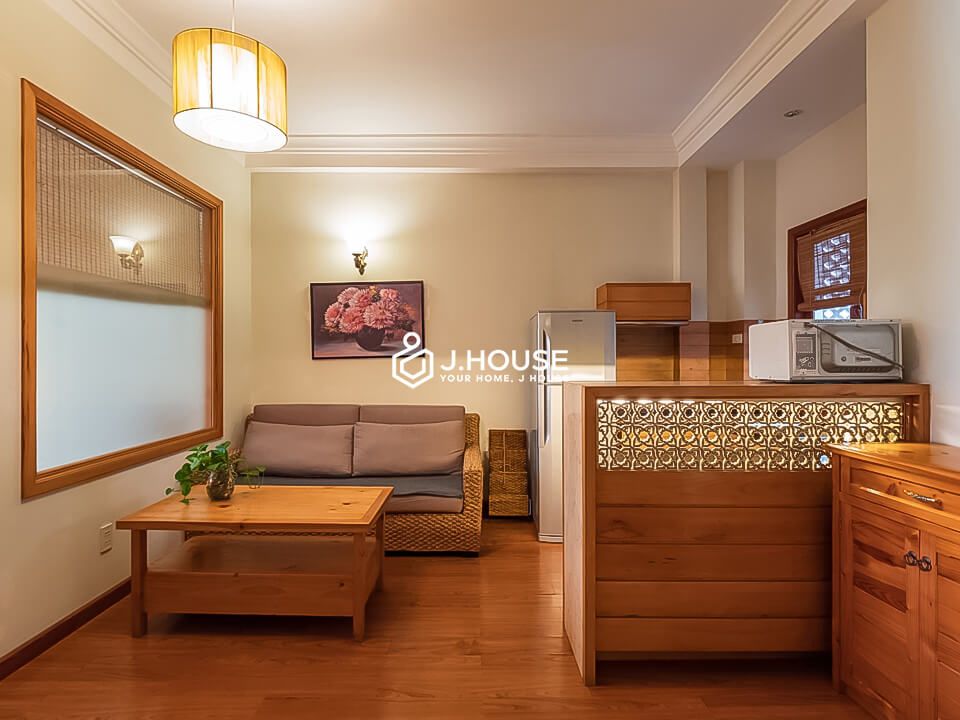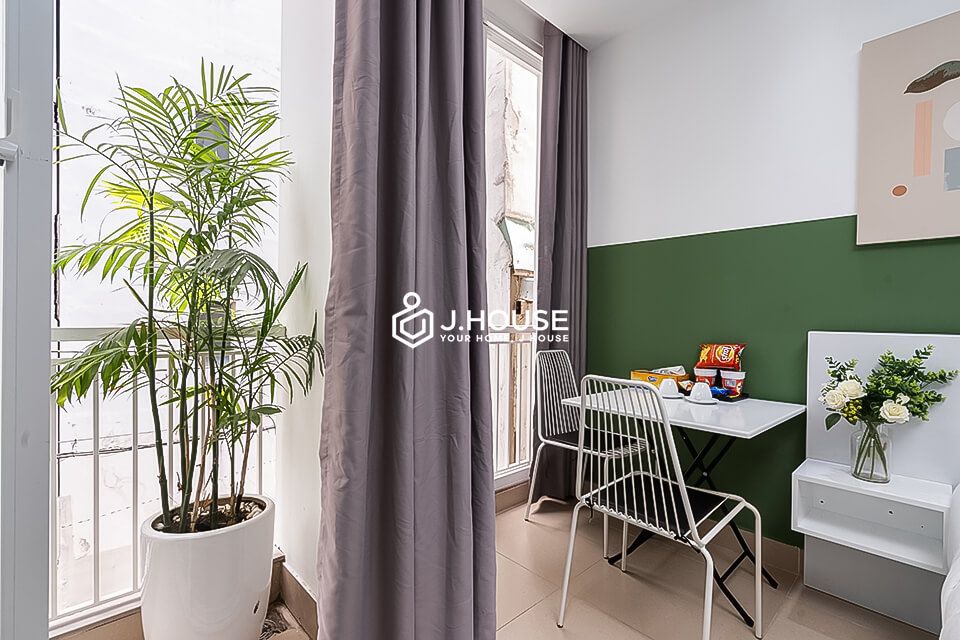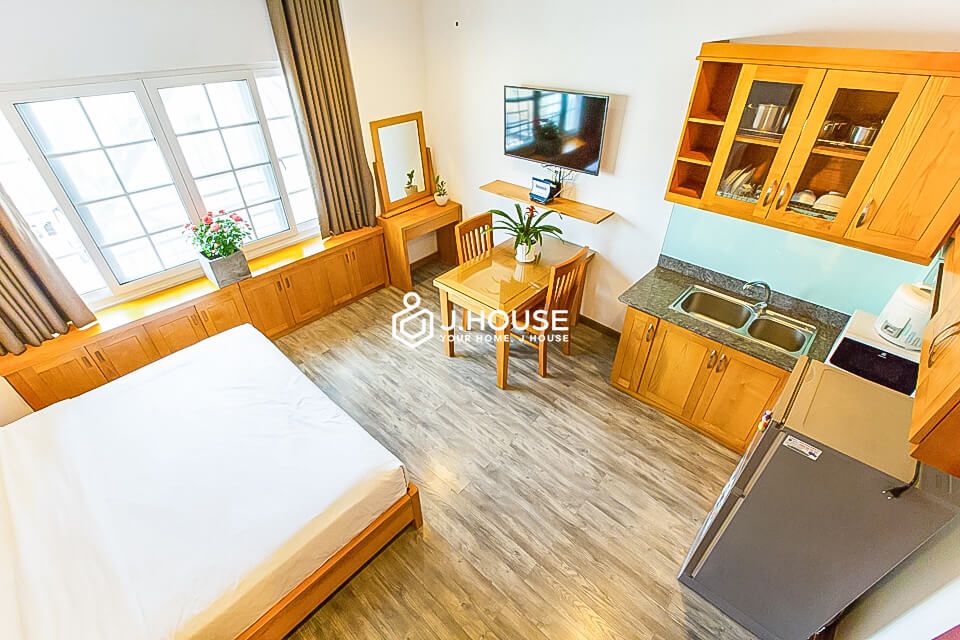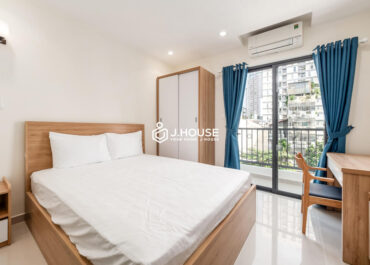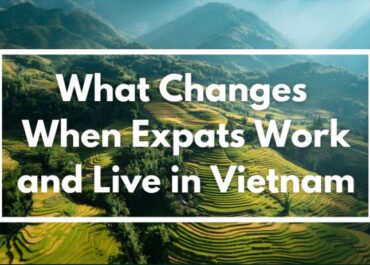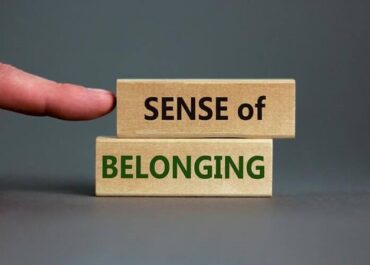Latest Properties
From Tenant to Investor: Should Expats Buy Property in Vietnam?
Can Foreigners Own Property in Vietnam – And Should You Invest?
Buy property in Vietnam as an expat, and you’ll see how a passing thought can quickly grow into a serious consideration. With rental costs rising and the desire for long-term stability growing, more foreigners are rethinking their roles in Vietnam’s dynamic housing market. Could owning a home here be more than just a lifestyle upgrade — maybe even a smart, strategic move?

From the vibrant pulse of Ho Chi Minh City to the peaceful coastline of Da Nang, expats are no longer just looking to live—they’re looking to belong. This guide walks you through everything you need to know, from legal frameworks and ownership limits to financial pros and cons. Whether you plan to stay five years or a lifetime, understanding your real estate options could turn Vietnam from a temporary stop into your best long-term decision yet.
A Growing Trend: From Renting to Investing
Vietnam has long been seen as a rental-friendly market for expats. With flexible lease terms, low monthly costs, and minimal ownership complexity, renting made sense—especially for those unsure about how long they’d stay. But as more expats choose to settle down, build careers, or raise families in cities like Ho Chi Minh and Hanoi, the conversation is beginning to shift.
Foreigners are increasingly exploring options to buy property in Vietnam as a way to gain stability, hedge against inflation, and secure their future. For many, the goal is no longer just to live comfortably—but to plant roots. Local real estate agencies report a growing number of expats looking to move from tenants to owners, particularly in high-growth areas such as District 2, Thu Duc City, and Da Nang—where infrastructure is booming and lifestyle perks are abundant.
This shift marks a turning point in how foreigners view their place—not just in Vietnam’s housing market, but in its future.
Read more: Long-Term Living in Vietnam: A Settling Guide for Expats & Families
Can Foreigners Own Property in Vietnam?
Short answer: yes, but with limitations. While the opportunity exists, the regulations are specific and must be clearly understood to make an informed investment. According to Vietnam’s 2015 Housing Law (effective from July 1, 2015), foreigners can legally own certain types of property, primarily apartments and condominiums. These provisions are further clarified by Decree 99/2015/NĐ-CP.
Here are the main takeaways:
- Foreign ownership is limited to 30% of units in a single apartment building and no more than 250 houses in a single administrative ward.
- Land ownership is not permitted. Foreigners are granted a 50-year leasehold (with renewal possible).
- Property must be for residential use only (not commercial or industrial purposes).
- Eligible buyers must legally enter Vietnam with a valid passport and visa.

Foreign owners are entitled to lease out their properties, transfer ownership, or pass them to heirs. However, property ownership does not grant residency—a valid visa or Temporary Residence Card (TRC) is still required to stay in the country long-term.
To avoid legal setbacks or future complications, it’s essential to work with a trusted real estate agency and hire a qualified local lawyer. They can help ensure due diligence, verify project eligibility, review contract terms, and guide you through a legally sound ownership process.
Why Expats Are Considering Real Estate Investment in Vietnam
As the expat population in Vietnam matures and roots begin to grow deeper, many are no longer satisfied with short-term rentals. They’re looking for something more stable—and more rewarding in the long run. Here’s why the shift from tenant to investor is gaining momentum:
- Rising Rental Prices: Particularly in popular expat-friendly neighborhoods like Thao Dien, An Phu, and Tay Ho, rental costs continue to climb year over year.
- Property Appreciation: Vietnam’s real estate market has posted steady gains over the past decade. Investing today could yield strong returns tomorrow.
- Stability & Belonging: Owning a home offers emotional security and a deeper sense of connection to the community.
- Retirement Planning: For older expats, securing a property now means locking in future living costs and reducing uncertainty later in life.
Popular Places to Buy Property in Vietnam
Of course, location plays a huge role in both lifestyle and investment value. The most sought-after areas for foreign buyers offer a strong mix of convenience, community, and capital growth:
- Thao Dien (District 2, HCMC): A leafy riverside enclave with international schools, expat amenities, and high rental demand.
- Thu Duc City: A rapidly developing satellite city with improved infrastructure and relatively affordable prices.
- Tay Ho (Hanoi): A diplomatic hub with lake views, global schools, and a peaceful vibe.
- Da Nang: Coastal living meets city convenience, with modern condos, mountain views, and a growing international base.
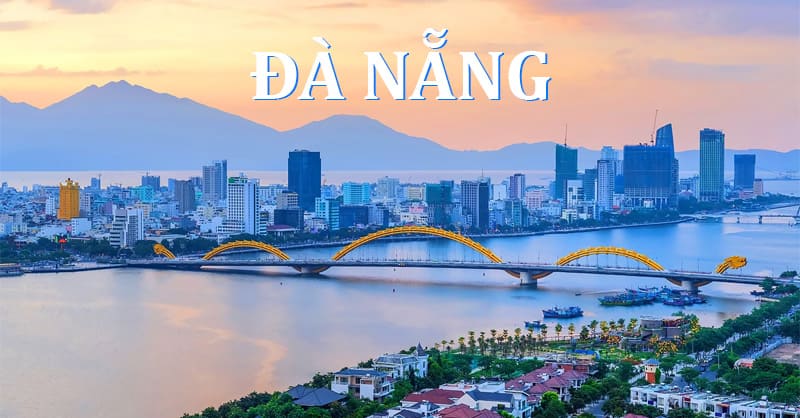
Each of these areas balances quality of life with long-term potential—making them ideal for expats ready to invest in Vietnam’s future.
Read more: Best Districts in HCMC for Long-Term Expats
Things to Consider Before Buying
Buying property in Vietnam as an expat can be an exciting step—but it also comes with real responsibilities. Beyond the potential for appreciation and stability, there are practical issues you need to assess carefully before signing a contract:
- Legal Paperwork: Ensure the project is legally open to foreign buyers. Review all documents, including sale contracts, ownership certificates, and developer licenses.
- Maintenance & Fees: Monthly building management fees, maintenance costs, and service charges vary widely by project. Factor these into your long-term budget.
- Liquidity: While buying may be straightforward, selling can be slower and more complicated—especially during market fluctuations.
- Visa & TRC: Owning property does not grant you the right to stay. You’ll still need a valid visa or a Temporary Residence Card (TRC) to reside legally in Vietnam.
Being aware of these challenges upfront can help you invest with confidence—not confusion.
Pros and Cons of Buying vs Renting
While buying property may seem like the next logical step, it’s not the right choice for everyone. Here’s a side-by-side comparison to help you weigh your options clearly:
| Factor | Buying | Renting |
| Upfront Cost | High (deposit, legal, and service fees) | Low |
| Flexibility | Less flexible (ownership ties you down) | Highly flexible |
| Long-Term Cost | Lower over time (no rent hikes) | Higher with inflation |
| Investment Value | Appreciates with market growth | No asset gained |
| Legal Complexity | Moderate to High (requires legal checks) | Minimal legal issues |
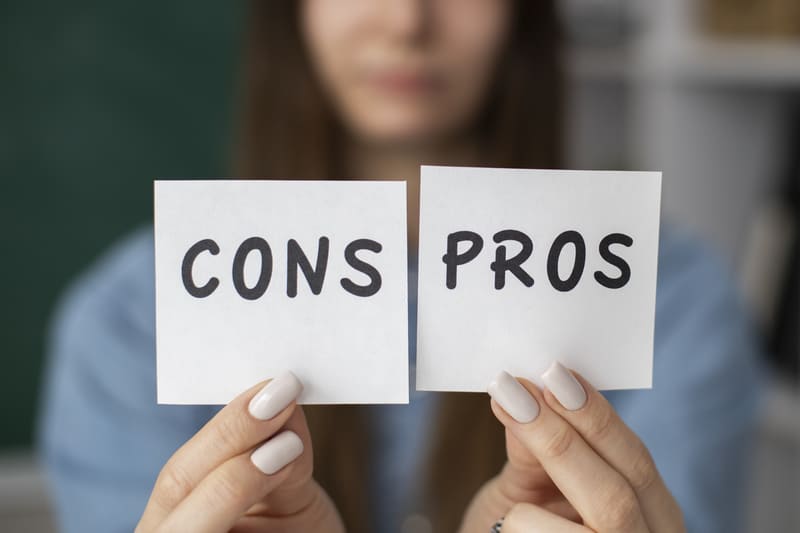
If you plan to stay in Vietnam for only a year or two, renting may offer the convenience and flexibility you need. But if your vision includes long-term settlement or financial growth, owning could be a strategic choice worth serious consideration.
Tips for a Smooth Investment Experience
Buying property as an expat in Vietnam can be rewarding—if done right. Here are five essential tips to help you protect your investment and avoid unnecessary setbacks:
- Work with Trusted Agents: Partner with real estate agencies that specialize in working with foreigners. Their experience with the legal nuances will save you time and stress.
- Focus on Legal Projects: Only consider buildings that are officially approved for foreign ownership. Always verify project status before making any commitment.
- Understand the Leasehold Terms: Foreign ownership is lease-based, typically valid for 50 years. It can be renewed, but it’s not the same as a permanent freehold.
- Check the Developer’s Track Record: Reputation is everything—especially for off-plan or under-construction units. Do your homework.
- Hire a Local Lawyer: A qualified real estate lawyer can review contracts, ensure your rights are protected, and help avoid legal surprises down the line.
A smooth property purchase starts with preparation. By doing your due diligence upfront, you’ll invest with greater clarity—and confidence.
Final Thoughts
From temporary housing to long-term belonging, the path from tenant to investor is becoming more accessible—and more rewarding—for expats in Vietnam. Buying property here isn’t the right move for everyone, but for those with a vision for the future, it can be a smart, forward-thinking decision.
As the market evolves and foreign ownership becomes increasingly normalized, what once seemed out of reach is now a real possibility. From the vibrant neighborhoods of Ho Chi Minh City to the peaceful shores of Da Nang, Vietnam offers more than just charm—it offers opportunity and growth.
Whether you’re seeking stability, investment value, or simply a deeper connection to where you live, the first step is understanding what’s possible. Start where it feels right. And if that means finding the perfect place to rent first, JHouse is here to guide you.
JHouse Content Team
The in-depth content development team on housing services for foreigners & Vietnamese in Vietnam. The content is simple, easy to understand, and logically arranged to bring readers useful topics and information from real experiences.

